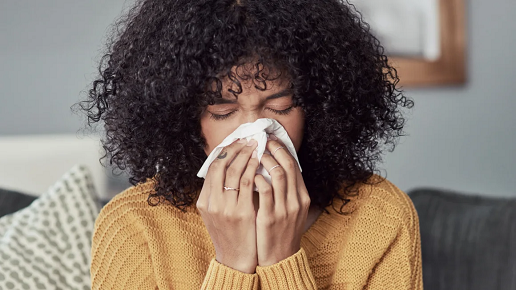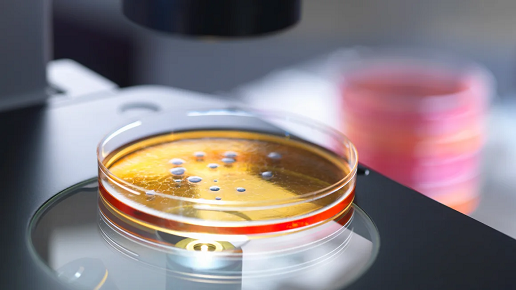The holidays and New Year’s Eve are fast approaching, often bringing alcohol-infused gatherings. While alcohol may seem like a social lubricant, research reveals its harms far outweigh the perceived benefits. The World Health Organization reported 2.6 million alcohol-related deaths globally in 2019, including from heart disease, liver damage, cancer, accidents, and suicides. Alcohol consumption also rose during the pandemic, worsening its impact.
Dr. Jason Kilmer, a researcher at the University of Washington, conducted a groundbreaking study showing that social interactions during drinking are not due to alcohol but rather mindset and expectations. In an experiment with four groups, those who thought they drank alcohol—even if they didn’t—exhibited the same lively interactions as those who actually consumed alcohol. Meanwhile, people who unknowingly drank alcohol but believed it was alcohol-free showed subdued behavior. Don’t drink on an empty stomach
Don’t drink on an empty stomach
To minimize alcohol-related risks, Kilmer offers practical advice: alternate alcoholic drinks with water, avoid drinking on an empty stomach, count servings instead of glasses, and stay aware of effervescent drinks like champagne, which absorb more quickly. Importantly, keep your drink attended and have a safe transportation plan. Combining alcohol with substances like cannabis also intensifies effects, creating potential risks.
Reducing or refusing alcohol can significantly lower unwanted outcomes. Ultimately, the joy of holiday gatherings comes from the company, not the drink in hand.






